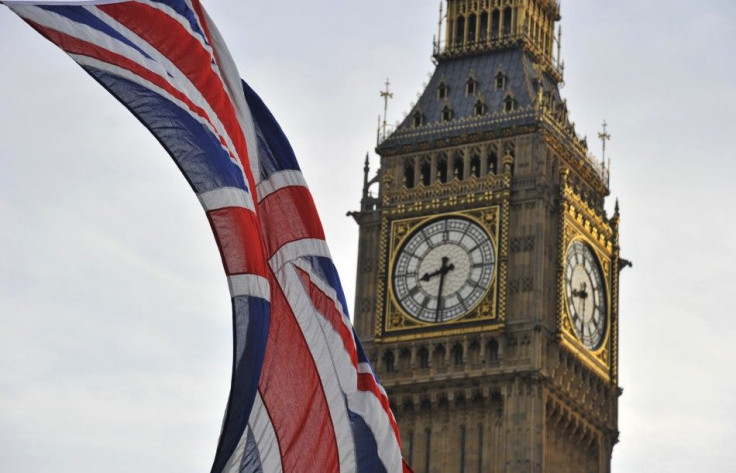UK Chancellor George Osborne Vows Tougher Standards For Bankers, London’s City

United Kingdom Chancellor George Osborne has backed tougher standards and requirements for the UK banking sector, including the prospect of jail and a criminal conviction for reckless bankers, according to a statement released on Monday.
Responding to the UK’s Parliamentary Commission on Banking Standards, set up in response to the 2012 Libor rate-rigging scandal, Osborne also said bankers’ bonuses could be deferred or taken back if banks receive government aid.
Mostly backing the commission’s report, Osborne said the government would work to impose greater responsibility on senior bankers for breaches in areas they oversee, as well as better identify systematic and ethical risks within banks.
The existing Prudential Regulation Authority will also be tasked with ensuring that the UK’s banking sector is competitive enough, in the interests of consumers. That task is already also assigned to the UK’s regulatory Financial Conduct Authority.
“Banks in the UK have not done enough to carry out their core role of financing economic growth,” Osborne wrote in the report’s foreword. “Many of them have also failed taxpayers, their customers, and their shareholders.”
The report also confirmed a government-backed review into whether the Royal Bank of Scotland Group plc (LON:RBS) and Lloyds Banking Group PLC (LON:LLOY), which are partly state-owned, should be privatized. Osborne has previously said breaking up the bank could delay its privatization, which the government supports.
He backed full privatization for the two banks again on June 19, at the major policy Mansion House speech, but hasn’t said when that could take place. The report notes that the government “will only sell its stake in RBS when the bank is fully able to support the economy and when good value can be achieved for the taxpayer.”
In a separate note on Monday, Osborne announced that the first financial and legal advisors for the review were selected. The review will determine whether it is wise to split RBS’ assets into a separate "bad bank."
These changes will likely come within legislation now before the UK Parliament, in the Banking Reform Bill. Separately, Parliament is also scheduled to vote on Monday about whether the investment and retail sectors of individual banks should be strictly separated.
© Copyright IBTimes 2024. All rights reserved.












